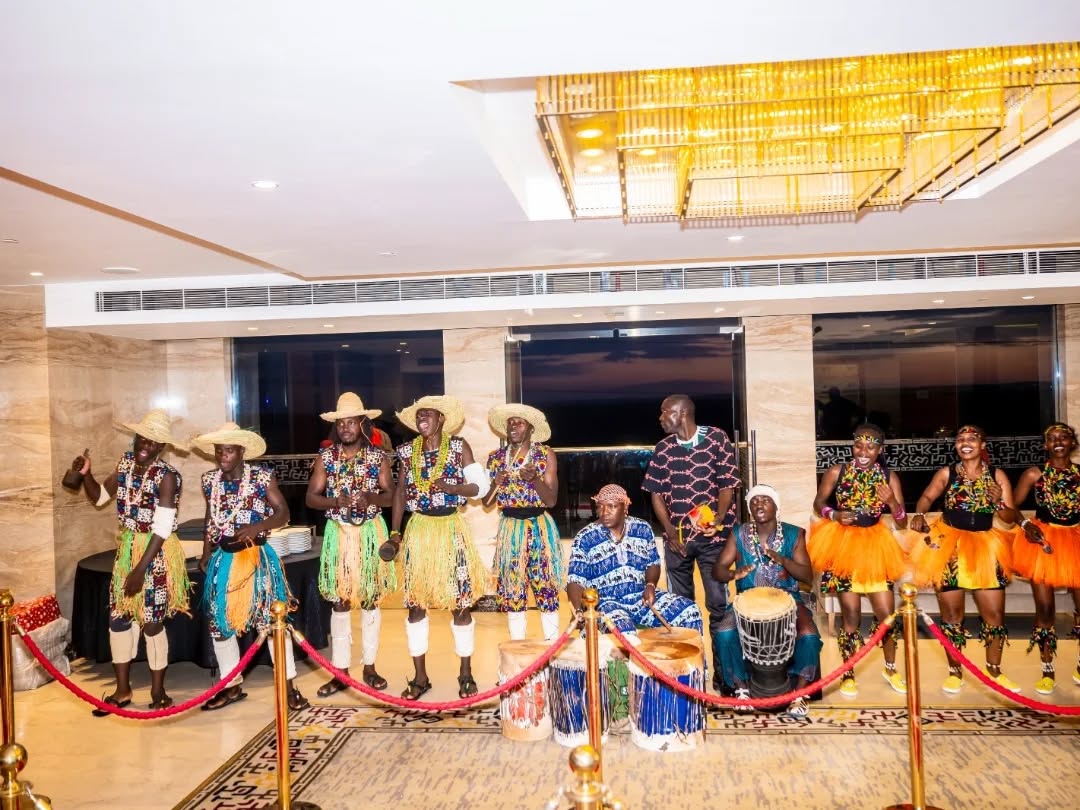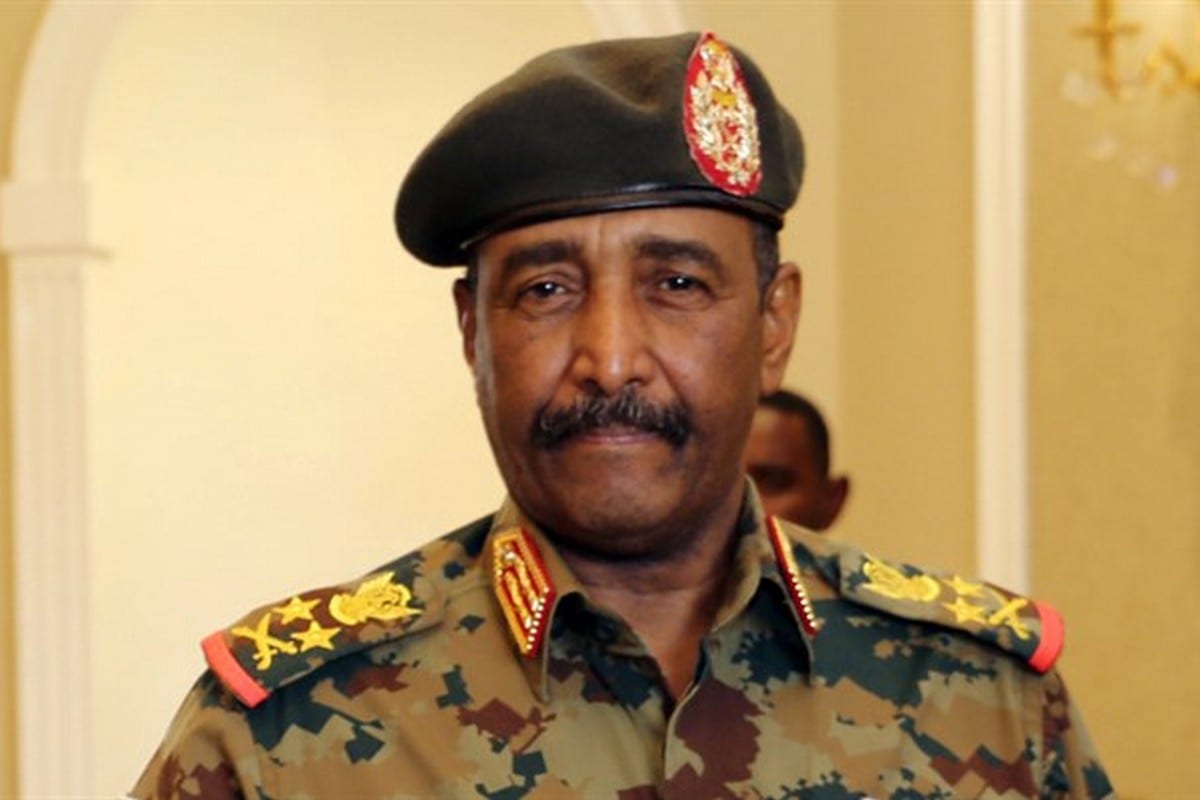
A coalition of lawyers representing the Banyamulenge, Tutsi of North Kivu, and Hema communities has today filed a landmark case against the Democratic Republic of the Congo (DRC) at the East African Court of Justice (EACJ). The legal action accuses the DRC government of decades of state-enabled ethnic persecution, systematic violence, and structural exclusion against these communities, following the DRC’s recent accession to the Treaty for the Establishment of the East African Community.
The Collectif des Avocats des Parties Civiles, in collaboration with community representatives, announced the historic move, highlighting the DRC’s alleged failure to address ongoing atrocities despite previous legal actions in domestic courts and appeals to international bodies since 2021.
The claimants assert that the DRC government has instead intensified its actions, exacerbating the suffering of the affected communities.

The lawsuit outlines a series of grave accusations against the DRC, including: Collaboration and support of armed groups: Allegedly working with and backing militia groups such as Wazalendo (formerly Mai Mai), CODECO, Red Tabara, and FDLR, which are accused of mass atrocities. Extrajudicial killings, forced displacement, and ethnic cleansing: Accusations of state involvement in these severe human rights violations.
Widespread cannibalism and sexual and gender-based violence: Allegations of the DRC failing to prevent or address these heinous crimes. Hate speech, incitement to violence, and genocidal rhetoric: The lawsuit claims the DRC has engaged in and failed to prevent the spread of hate speech targeting the Tutsi of North Kivu and Banyamulenge communities, including denying them citizenship, legal identity, and freedom of movement.
Arbitrary arrests, unlawful detention, and enforced disappearances: Allegations of state-sanctioned or condoned illegal detentions and disappearances. Pillaging of civilian property: Accusations of the systematic looting of villages, farms, livestock, and other assets belonging to the affected communities.
Imposition of economic blockades and restrictions: Allegedly closing community bank accounts and restricting trade, further marginalizing the communities.
The legal team argues that these actions constitute severe violations of the DRC’s obligations under the EAC Treaty and international human rights law, including the African Charter on Human and Peoples Rights.
The Applicants are seeking the following from the East African Court of Justice: A declaration holding the DRC responsible for the alleged violations against the Banyamulenge, Tutsi of North Kivu, and Hema communities, an order directing the DRC to provide reparations to the affected communities and an order compelling the DRC to guarantee citizenship, economic access, and implement measures to prevent the repetition of such violations.
In a joint statement issued today, the legal representatives, including Bernard Maingain (Lawyer, Brussels), Innocent Nteziryayo (Lawyer and Co-ordinator of Collectif, The UK), Jean Paul Shaka (Lawyer, New York), and John’s Nyanje (Lawyer, Nairobi), called on the international community, regional institutions, civil society, and the media to support their efforts and amplify the voices of the “long-silenced and persecuted communities.”
“Their case is not only legal—it is a call for justice, recognition, and dignity,” the statement read. “The East African Court of Justice must not only hear this case; it must also act with courage. The world must finally listen!”
The filing of this case marks a significant step in the pursuit of accountability for the alleged atrocities and is expected to draw considerable attention from regional and international human rights organizations. The East African Court of Justice is now tasked with considering this historic legal challenge against one of its newest member states.








